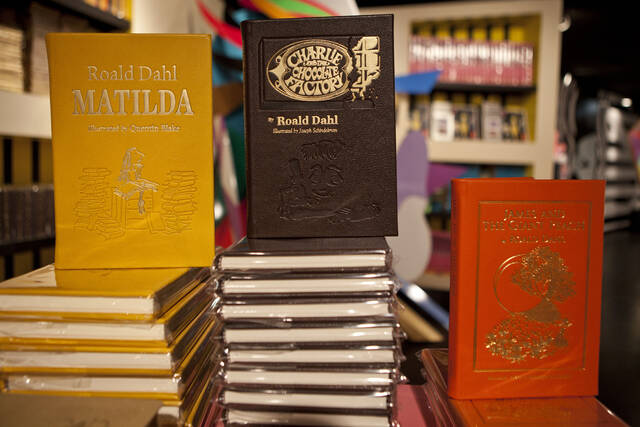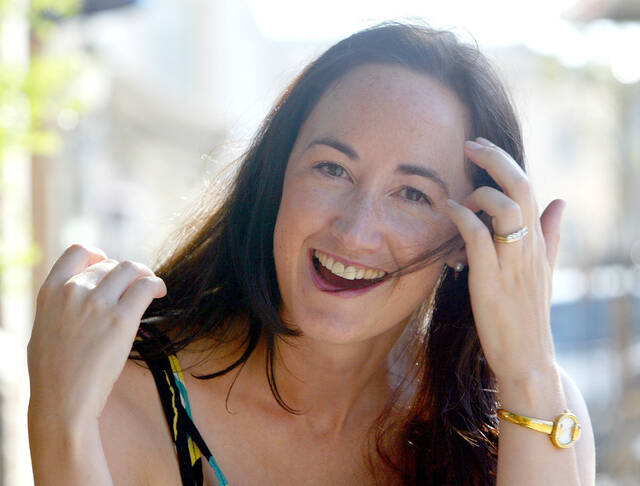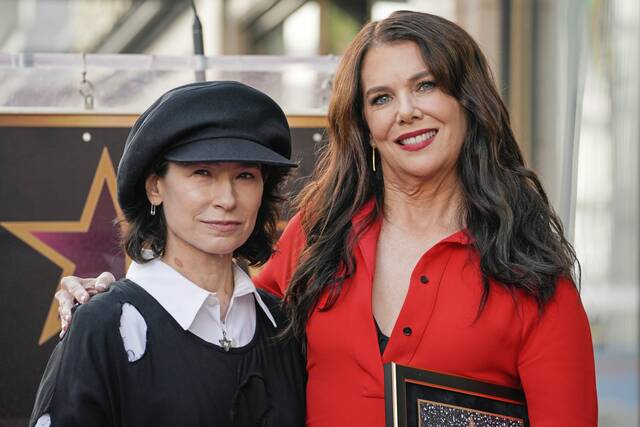LONDON — Critics are accusing the British publisher of Roald Dahl’s classic children’s books of censorship after it removed colorful language from works such as “Charlie and the Chocolate Factory” and “Matilda” to make them more acceptable to modern readers.
A review of new editions of Dahl’s books now available in bookstores shows that some passages relating to weight, mental health, gender and race were altered. The changes made by Puffin Books, a division of Penguin Random House, first were reported by Britain’s Daily Telegraph newspaper.
Augustus Gloop, Charlie’s gluttonous antagonist in “Charlie and the Chocolate Factory,” which originally was published in 1964, is no longer “enormously fat,” just “enormous.” In the new edition of “Witches,” a supernatural female posing as an ordinary woman may be working as a “top scientist or running a business” instead of as a “cashier in a supermarket or typing letters for a businessman.”
Booker Prize-winning author Salman Rushdie was among those who reacted angrily to the rewriting of Dahl’s words. Rushdie lived in hiding for years after Iran’s Grand Ayatollah Ruhollah Khomeini in 1989 issued a fatwa calling for his death because of the alleged blasphemy in his novel “The Satanic Verses.” He was attacked and seriously injured last year at an event in New York state.
“Roald Dahl was no angel but this is absurd censorship,” Rushdie wrote on Twitter. “Puffin Books and the Dahl estate should be ashamed.”
The changes to Dahl’s books mark the latest skirmish in a debate over cultural sensitivity as campaigners seek to protect young people from cultural, ethnic and gender stereotypes in literature and other media. Critics complain revisions to suit 21st century sensibilities risks undermining the genius of great artists and preventing readers from confronting the world as it is.
The Roald Dahl Story Co., which controls the rights to the books, said it worked with Puffin to review the texts because it wanted to ensure that “Dahl’s wonderful stories and characters continue to be enjoyed by all children today.”
The language was reviewed in partnership with Inclusive Minds, a collective which is working to make children’s literature more inclusive and accessible. Any changes were “small and carefully considered,” the company said.
Puffin didn’t immediately respond to requests for comment.
Dahl died in 1990 at the age of 74. His books, which have sold more than 300 million copies, have been translated into 68 languages and continue to be read by children around the world.
But he is also a controversial figure because of antisemitic comments made throughout his life.
Regardless of his personal failings, fans of Dahl’s books celebrate his use of sometimes dark language that taps into the fears of children, as well as their sense of fun.
PEN America, a community of some 7,500 writers that advocates for freedom of expression, said it was “alarmed” by reports of the changes to Dahl’s books.
“If we start down the path of trying to correct for perceived slights instead of allowing readers to receive and react to books as written, we risk distorting the work of great authors and clouding the essential lens that literature offers on society,” tweeted Suzanne Nossel, chief executive of PEN America.








